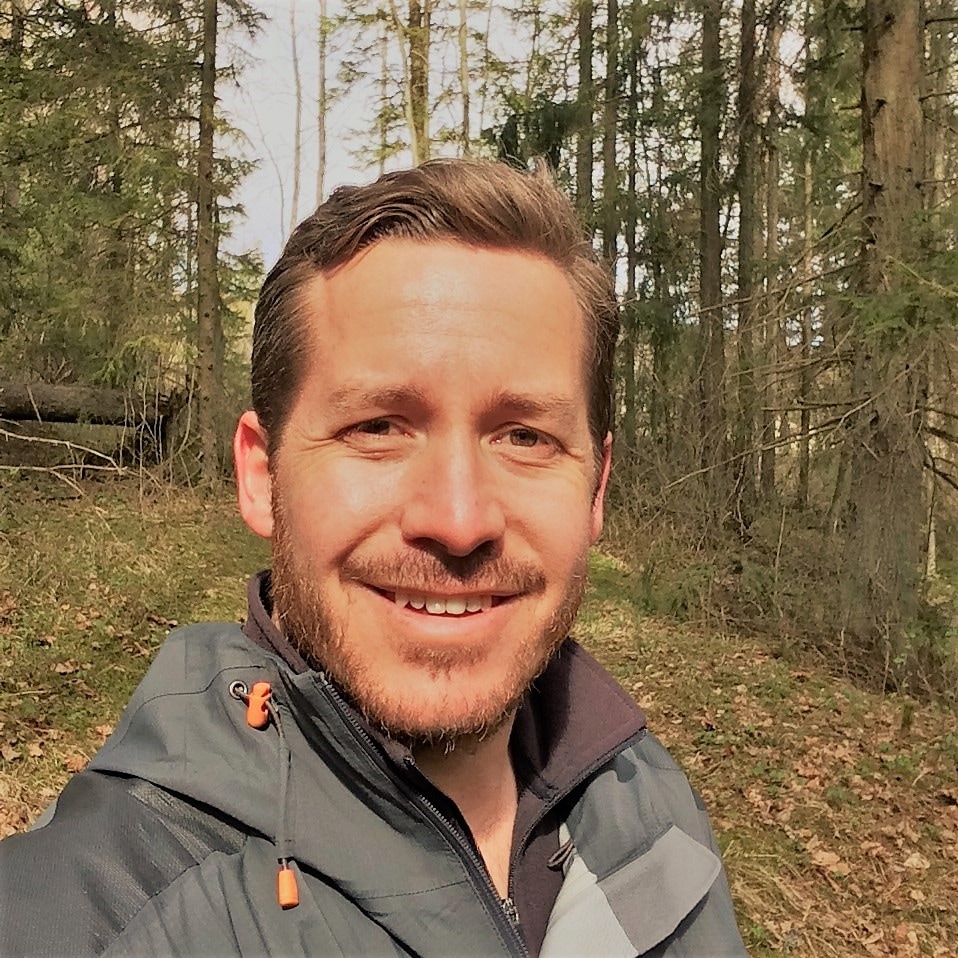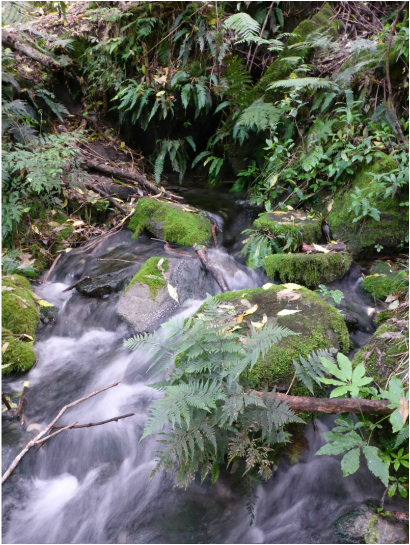UpdatesNov 2022: The next paper I lead-authored from my work in Switzerland is now online at Oikos. This work details contingencies in the environmental impacts of pollution on stream ecosystem functioning.
Oct 2021: I have started my new position as a Lecturer in Freshwater Ecology at the University of Waikato. I will be working in Te Aka Mātuatua - School of Science. You can see my new profile here. |
I am a community ecologist interested in the response of biological systems to environmental change (e.g., disturbance, stress, and invasions) across multiple levels of organisation. I am particularly interested in components of biodiversity (e.g., taxa richness, functional traits, and species interactions) and how these combine and evolve in ecological networks to influence emergent properties such as food-web structure and ecosystem functioning.
I work predominantly in stream and river ecosystems with invertebrate communities. Much of my research to date has involved drivers of global change (e.g., landuse intensification) and their influence on the intrinsic properties of stream ecosystems (i.e., structure and function). I firmly believe in using general ecological theory to help frame research questions, and developing these ideas to better inform management strategies. My introduction to stream ecology had a strong emphasis on natural history and field biology, leading me to use an observational approach with environmental gradients to help demonstrate the influences of abiotic and biotic factors on biological systems. To better understand the processes underpinning such patterns, however, I believe in the use of experimentation at different scales (e.g., laboratory and field mesocosms, whole-ecosystem manipulations). Moreover, I am interested in developing computational approaches using theory to help validate empirical evidence collected from field observations and experiments.
With this tripartite approach, I have five overlapping areas of ecology that I am interested in researching:
|
PHILOSOPHY: USING ECOLOGICAL THEORY FOR APPLIED SOLUTIONS
|
A spring tributary of Lake Tarawera, New Zealand
|
The world's ecosystems are facing unprecedented rates of change, and strong contributors to this transformation include altered biogeochemical cycling, intensification in catchment landuses, and increased rates of invasion by non-native species. Moreover, there is a growing awareness that extreme weather events, increased water temperatures, and altered flow regimes associated with climate change are interacting with these factors, thereby further contributing to the global biodiversity crisis. The effects of these perturbations manifest through the myriad of direct and indirect pathways shaping complex systems such as ecosystems, forcing ecologists involved in both basic and applied research to address the impacts of anthropogenic disturbances.
Despite this challenge to developing ecological theory that reflects real world concerns, much of my work has applications for management, helping to take small, but constructive steps to realise the goal of better managing water resources. For example, establishing valid thresholds of sediment impacts in real ecosystems is critical for effective monitoring and restoration of streams and rivers, and my Ph.D thesis work published in Ecological Applications contributes to a better understanding of sediment thresholds. However, the impacts of climate change, coupled with spatial, temporal, and biotic legacy effects will exert negative influences on stream ecosystems. This challenge demands catchment-wide management strategies that enhance resilience to present and future disturbances. For example, rehabilitation of riparian habitats (e.g., fencing and planting) may improve abiotic conditions, yet fail to deliver improvements to components of stream biodiversity. This means other steps may be crucial to helping ensure the ‘field of dreams’ of restoration ecology is fully realized. Such steps could include the removal of non-native species, reintroduction of dispersal-limited biota, and in-stream habitat augmentation. Please see my Research page for more details on these issues. |

